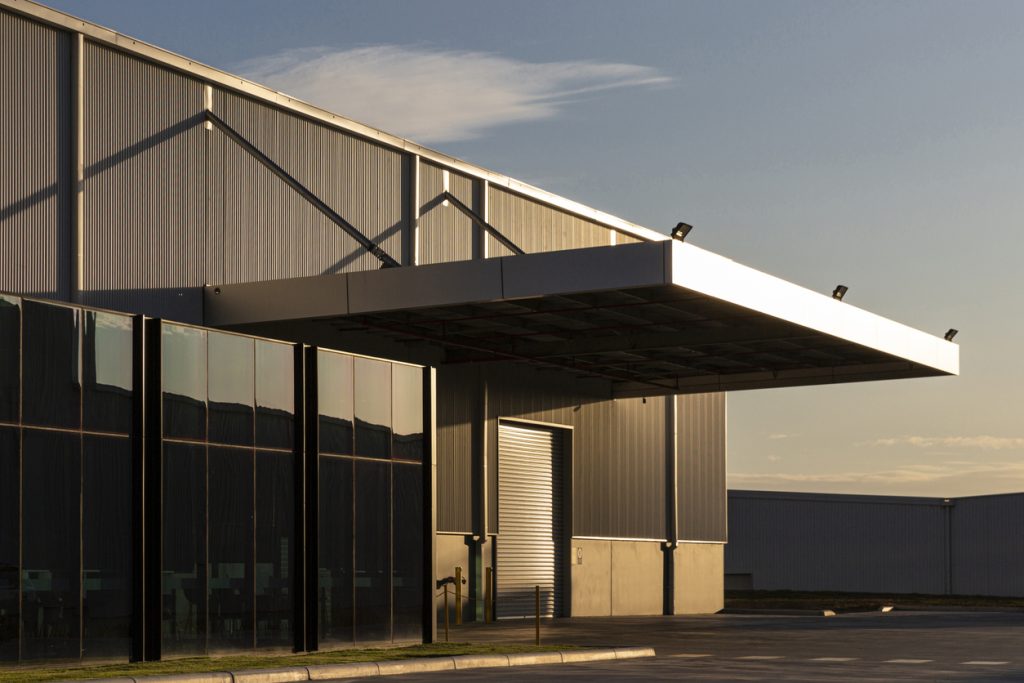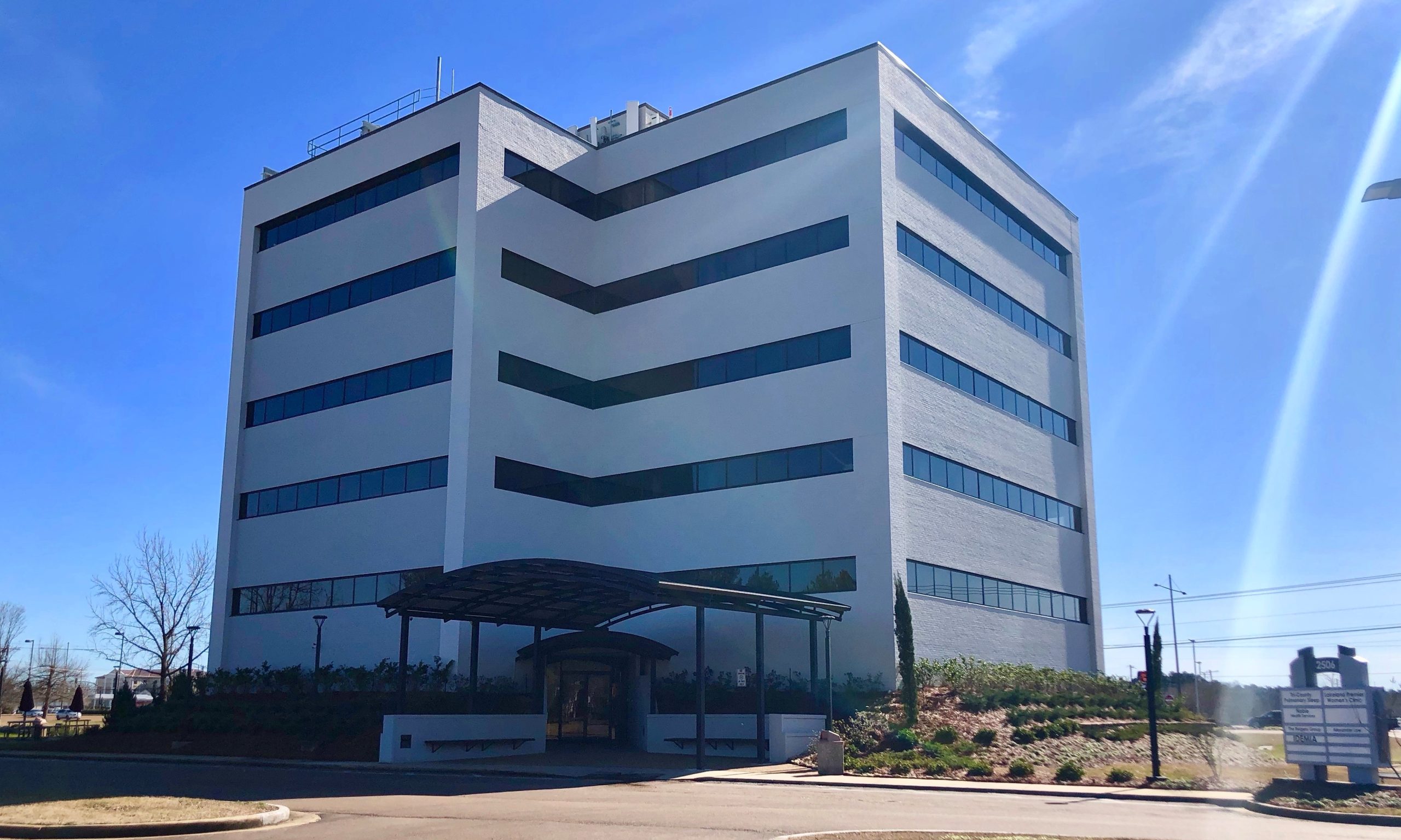Commercial real estate investments are among the investments with a high ROI. People who invest in commercial real estate have financial and psychological rewards as many of them see their investments as a fulfillment of their dreams.
Commercial real estate includes all properties constructed or used for business purposes. The properties may be owner-occupied, meaning the owners operate their businesses on the properties. Some owners opt to lease the property to tenants to run their businesses on the property.
These properties range in size, from small neighborhood stores to city skylines. They include all the income-producing properties and those with the potential to generate income.
However, deciding to invest in commercial real estate comes with its fair share of challenges, especially for beginners. In this guide, we will take through how to invest in commercial real estate. Let us begin by discussing the types of real estate investments you could consider.
Types of Commercial Real Estate Investments
Multifamily
This investment is popular with investors transitioning from residential real estate investments. They range in size from small properties with two tenants to those with hundreds of units. They include:
- Garden Apartments
These are usually a collection of apartments spread out within one property and sharing amenities and a yard. They are common in suburbs, with about three to four-story walk-ups housing about 50-200 units.
- Mid-Rise Apartments
These have about 4-11 stories with 30-200 units. You are likely to find them closer to the urban centers and may have elevators and garage parking.
- High-Rise Apartments
These investments are common around the Central Business District of large towns and market centers. They offer amenities such as garage parking and elevators and may house hundreds of units.
- Senior/Assisted Living Properties
These are the properties built to provide housing for the aging and senior citizens. They offer more support to tenants than other multifamily properties. Tenants are likely to get in-house or on-call medical care, meal service, and housekeeping.
Office
Offices may be among the most capital-intensive commercial real estate investments, but they also have one of the highest ROIs. They include:
- Central Business District (CBD)
You are likely to find them housing the largest organizations such as banks, supermarkets, and telecommunication companies. Most organizations prefer them due to their convenience in location. Clients can find and walk to them easily. They vary from mid to high-rise apartments with controlled parking and building naming rights.
- Commercially Zoned Homes
These are usually stand-alone properties. They are popular with law firms, medical practitioners, and accounting firms. Commercially zoned homes allow them to escape from the frequent interruptions associated with apartment-like office spaces.
- Medical Offices
These are among the most stable and valuable office spaces designed to meet the needs of the medical field. The properties require special amenities like wider elevators, more plumbing, and standby generators. The leases are usually longer, taking between 7-10 years. They vary in size, housing any medical-related business. These range from a local dentist, optician, to a large hospital and surgery center.
- Suburban Offices
Suburban offices are usually mid-rise buildings scattered on a shared property with common amenities. They are not amenity-heavy. Some may offer serviced parking.
Industrial

- Warehouses
These are the largest industrial properties. They may house regional distributors. When designing them, you have to make room for trucks that require space for entering and exiting these properties.
- Manufacturing
Manufacturing zones are usually isolated. They use heavy, noisy machinery, chemicals, and are heavy on power consumption. You have to customize them to fit the needs of the tenants. They also have long leases that may run for 7-15 years.
- Showroom
Some showrooms double up as distribution centers for manufacturers. They require more visibility and should therefore be located in visible spaces with high human traffic.
- Storage Spaces
Some tenants may require temperature-controlled storage spaces. Business owners use them to store merchandise for a short time as they look for space to set up shop. They are also popular with families that use them to keep their mementos. The storage units could be indoors or outdoors, depending on the nature of materials the tenants want to keep there.
Retail
Retail properties vary from neighborhood shopping centers that house several retail shops to pharmacies and restaurants that may occupy stand-alone properties. Regional malls and power centers also fall under this category.
Hospitality
Hospitality properties include full-service, limited service, budget, and extended stay hotels. Some, like VRBO and Airbnb, offer short-term rentals.
Now that you know the options from which you can choose when you invest in commercial real estate, let us explore the steps you need to take to undertake your investment.
Steps to Take in Order to Invest in Commercial Real Estate
Study the Industry
You will rely on professionals to guide you in most of your investments. However, you should also be knowledgeable in the commercial real estate industry. Take time to search the internet and talk to professionals in commercial real estate investment. Learn as much as you can so that you can think and act like an insider when you begin your investment.
Some commercial real estate terminologies that will guide you include Net Operating Income (NOI). This refers to the balance left when you deduct expenses from your gross income on a commercial property. Understand the cap rate of the property you intend to invest in. This is the net present value and future cash flow of income-producing properties.
Develop Your Investment Plan
Your plan will be guided by the amount of money you are willing to invest. Assess your financial strength and find out how much loan you can qualify for if that is the source of your funds.
At this stage, determine if you are investing individually or collaborating with other people.
This is also a perfect time to decide if you want to purchase a ready property or construct from the ground.
Your plan should also include the professionals you will be working with, which will depend on the kind of property you want to invest in.
Decide Which Kind of Commercial Real Estate Investment You Want to Make
This is where you decide the type of investment you want, the size, and the location. At this stage, you also determine if you will make a one-off investment or spread it within a period, especially if you decide to construct from the ground.
Carry Out Neighborhood “Farming“
Neighborhood farming entails visiting the neighborhood to determine the market value of similar properties in the area. In this visit, you may identify the commercial property you want to invest in and negotiate a deal. Ensure you do due diligence on the property to ensure you are getting a clean deal.
Be open-minded when searching for a property. Use the internet and classified ads to help you find properties on sale. Or, hire bird dogs to identify valuable commercial properties for you.
Hire an Agent
Whether you hire professionals like Speed Commercial Real Estate when searching for a property or after you have identified it, ensure you are in charge of the purchasing or construction process. Do some background checks on the agent to know the type of clients they have dealt with before. Also, find out how long they have been in operation and the kind of deals they have handled.
When interviewing the agent, be open about what you want when you invest in commercial real estate. Meet with a number of them and eliminate them to remain with the one who will be the best fit. Asking around also helps in identifying the commercial real estate investment agents.
Working with an agent may help you identify the right property faster. It’s perfect for those who want their buying process to remain confidential and private. An agent may negotiate a better deal for you, especially if you are new in the commercial real estate investment game.
Understand the Underlying Risks of Choosing to Invest in Commercial Real Estate
Your risk profile will determine the best strategy to use so that you can avert losses. However, you must know that every investment in commercial real estate comes with risks.
Remain Focused
You are likely to get advice from different players. You will also learn about the latest trends, and all these may confuse you if you are not focused on your plan.
Additionally, you may consider making some adjustments if they add value to your investment. However, do not leave too much room for that. Discuss any adjustments with the professionals with whom you are working.
Avoid Making Emotional Decisions
Commercial real estate investment is a rational decision. Avoid letting your emotions interfere with the process. If you are not sure about something along the way, take time to think through it and discuss it with other stakeholders.
Invest in Commercial Real Estate with Excellent Support
Are you looking for a reliable and affordable commercial real estate agent? Get in touch with Speed Commercial Real Estate for CRE investment opportunities.
At Speed Commercial Real Estate, we have firsthand knowledge of the level of care our clients need when they invest in commercial real estate. We work closely with several associates and advisers to give you the best commercial real estate investment advice. With our experience, we guarantee you the best services and guidance to ensure your commercial real estate investment is a success.

